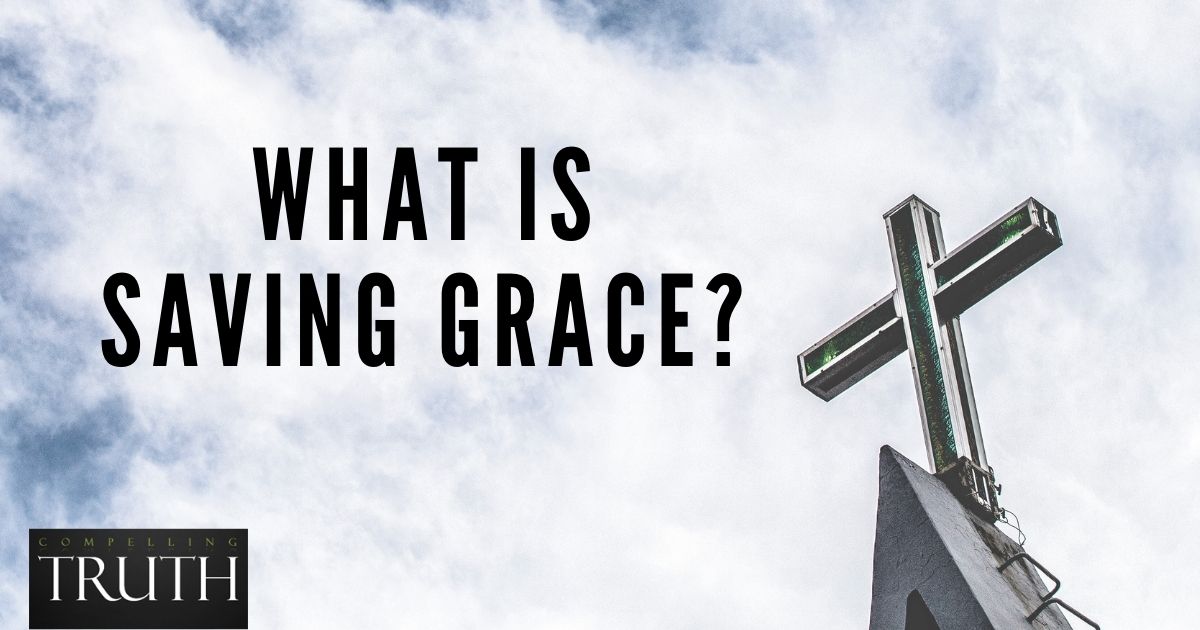The phrase “cheap grace,” popularized by theologian Dietrich Bonhoeffer, argues against the idea that God’s saving grace comes without a cost. Bonhoeffer said that being a Christian is costly (Luke 9:23), and those who water-down salvation as simply belief weren’t teaching people to count the cost (Luke 14:25-33), leading to false belief. In a more recent, related controversy, Lordship Salvation proponents say that true believers are obedient in contrast to Free Grace proponents who push against any requirements that believers must obey.
The Lordship Salvation argument and Bonhoeffer’s point about “cheap grace” are well supported by Scripture. Jesus warned that not everyone who claims to be saved will be saved (Matthew 7:21-23) and provided parables illustrating the demise of those individuals (Matthew 13; Matthew 25:1-13; Matthew 25:26, 30). James also deals with an issue similar to the Free Grace position, arguing that any claim to faith that does not produce works is a dead (false) faith (James 2:26).
The Bible is clear that grace is a free gift (Romans 6:23b) but that a true believer is one who believes in Jesus and submits to Him as Lord, obeying Him through the power of the Spirit dwelling in him or her (Romans 8:9).
As rebels against God, we deserve only eternity in hell, being punished for our sin against an infinite, holy God. However, out of a deep mercy, He sent Jesus to live the perfect life that we could not and then die as if He had sinned. His death made Him a substitute for sinful men and women.
Believing in Jesus means you are taking hold of the free gift of salvation that comes through Him. However, while the grace is free, the new life is not. Our Master demands obedience. No believer is perfect (1 John 1:8-10). However, we must desire to obey and demonstrate that through producing some fruit (spiritual growth) over time. Indeed, God wants all of His children to be like Christ, so He disciplines true believers when they aren’t obeying (Hebrews 12:6-8).
Passages showing that Jesus will reject some who claim to know Him are frightening (e.g., Matthew 7:21-23). Bonhoeffer’s concern was that free or “cheap” grace inadvertently lulls some into the false belief that they are eternally secure on the basis of a prayer. He was saying that one whom God has saved will show the fruits of the Spirit (Galatians 5:22-23) and have a heart-felt desire to obey.
Consider yourself. Though the amount of fruit varies greatly from believer to believer, do you at least see some fruit? Would anyone notice anything different between you and an unbeliever? They should, because a true believer has been changed on the inside and is now a new creature (2 Corinthians 5:17). If you are at all uncertain, we strongly encourage you to speak with a mature believer at your church, such as a pastor or elder, someone who knows you and can evaluate you impartially. Our eternity hangs not in our claim to faith but in a faith that is not dead.




